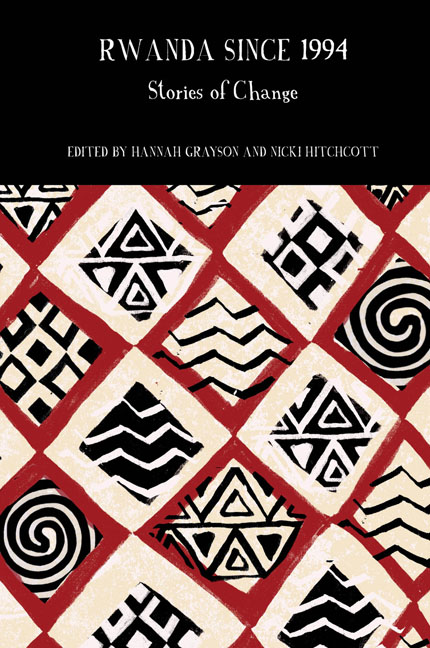Decolonizing Trauma Therapy in Rwanda
Summary
Exposure to highly traumatic experiences such as the Genocide against the Tutsi often has distressing consequences. Although people can respond in a range of ways, negative emotions (anxiety, depression, anger, irritability, sadness, guilt, fear) and troubling, repetitive thoughts are quite common. The combination of these emotions and thoughts can lead to behavioural difficulties and even physical reactions such as fatigue, muscle tension, difficulties with breathing, feelings of jumpiness or difficulty sleeping (Calhoun and Tedeschi, 1999: 5–10). Such emotional, cognitive, behavioural and physical reactions are frequently interpreted as pathological and labelled ‘post-traumatic stress disorder’ (PTSD). According to leading post-traumatic growth theorists Stephen Joseph and Alex Linley, an ‘illness ideology has permeated the language of clinical psychology, leading it to become the language of medicine and psychopathology’ (2008: 4). In their criticism of this medicalization of trauma, Joseph and Linley (2008) argue that the pervasive illness ideology has separated the study of PTSD from that of post-traumatic growth, rather than developing an integrative perspective for understanding all responses to trauma.
Post-traumatic growth is when individuals establish new beliefs about themselves and the world, and build a new, and often enhanced, way of life following a traumatic experience (for an overview, see Calhoun and Tedeschi, 2006). Research suggests that, alongside psychological distress, many trauma survivors also experience positive changes in the wake of tragedy. A medical model nonetheless continues to dominate the study of trauma, although the concept of PTSD has come under criticism, particularly when applied in non-Western contexts. As Derek Summerfield argues, ‘Western trends towards the medicalization of distress’ assume that PTSD is ‘a universal human response to [traumatic] events’ (2004: 241). However, Western ‘psychiatric universalism risks being imperialistic’ in postcolonial settings by assuming that certain types of knowledge are superior to others (Summerfield, 2004: 242).
Such may be the case in Rwanda, partly because of the way in which the medical model conceives of trauma and partly because of the way therapy is conducted there. This chapter will discuss these factors and contrast them with local understandings of trauma, drawing first on an interview with traditional Rwandan trauma therapist Muganga Rutangarwamaboko, and second on an analysis of genocide survivor testimonies.
- Type
- Chapter
- Information
- Rwanda Since 1994Stories of Change, pp. 168 - 188Publisher: Liverpool University PressPrint publication year: 2019

